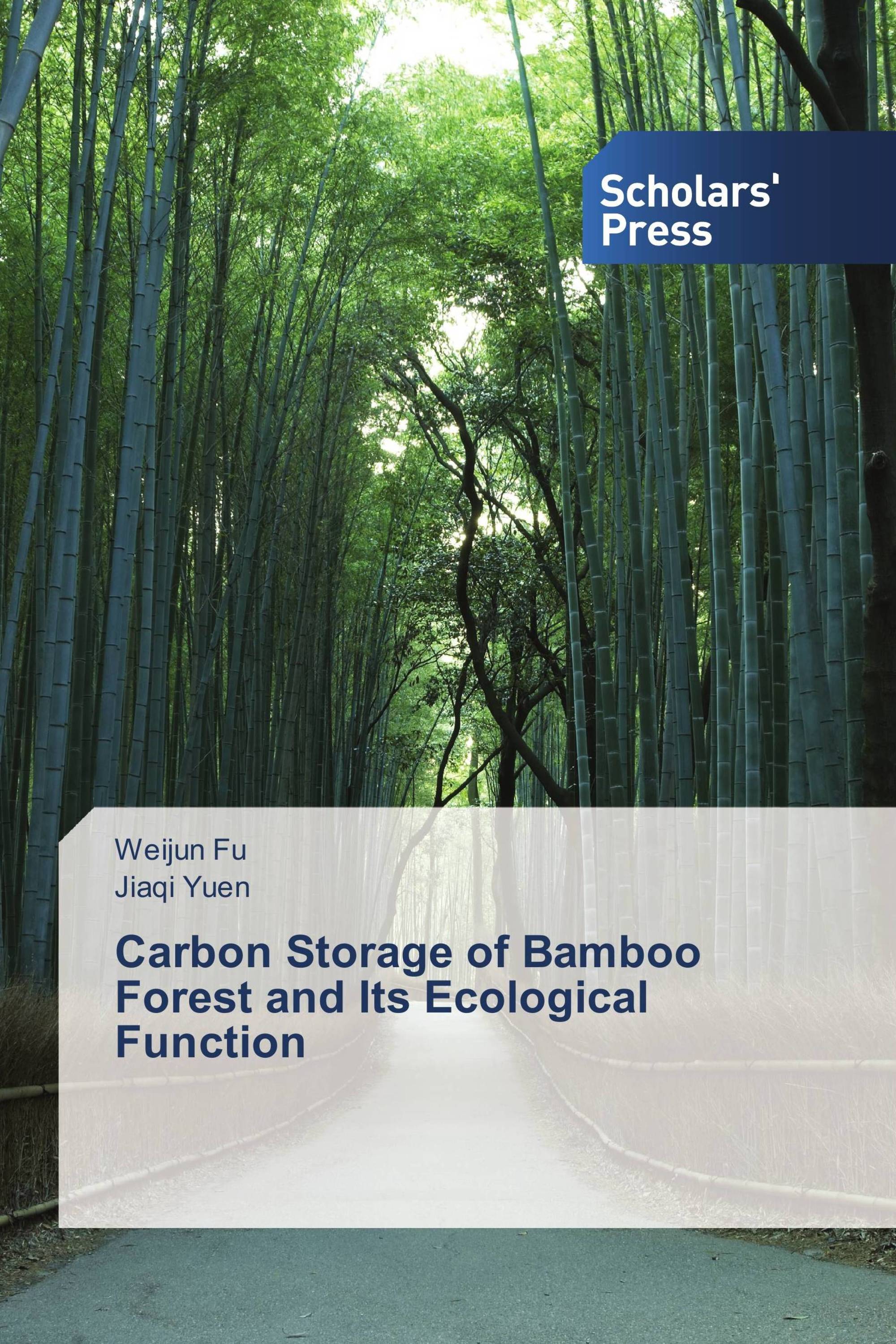Given the potential for bamboo to act as an important carbon sink, there is a need for greater integration of bamboo into national and international policies and mechanisms aimed at managing the effects of global climate change. The most prominent international policy framework in this regard is the United Nations Framework Convention on Climate Change (UNFCCC), with its Clean Develop- ment Mechanism (CDM) that aims to reduce emissions via projects in developing countries. Although the Executive Board of the CDM recognized bamboo as equivalent to trees for reforestation and afforestation projects (UNFCCC, 2008), the Designated National Authorities in each country can over-ride this at their discretion (Lou et al., 2010). Moreover, as bamboo is technically a woody grass, it is not adequately recognized as part of a "forest" in major international policy instruments such as the Kyoto Protocol and the Marrakech Accords .
Book Details: |
|
|
ISBN-13: |
978-620-2-30287-6 |
|
ISBN-10: |
6202302879 |
|
EAN: |
9786202302876 |
|
Book language: |
English |
|
By (author) : |
Weijun Fu |
|
Number of pages: |
204 |
|
Published on: |
2017-11-17 |
|
Category: |
Agriculture, horticulture, forestry, fishery, nutrition |
